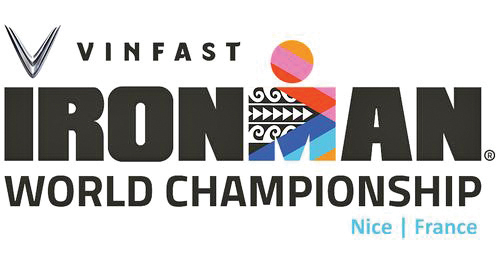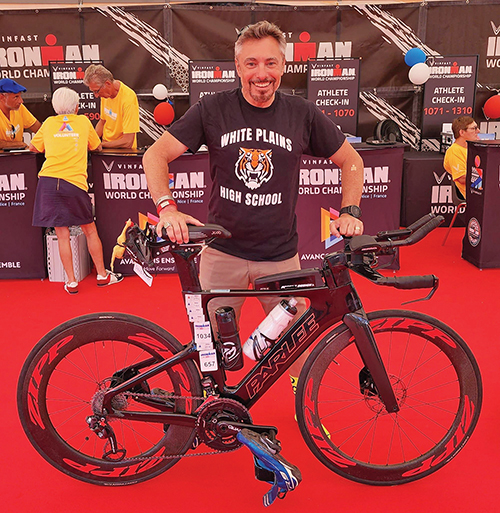
It’s one thing to run a 5K when you start out a couch potato; it creates a true achievement from a static starting point, and that’s something to really celebrate. It’s another thing when people run a marathon multiple times, when someone fights to beat their own time, defying the screams of their own bodies and pushing themselves to endure for the purpose of bettering themselves. It’s of course also quite difficult to achieve certain things not based in the realm of physical fitness; to dream big and start organizations, for example. Or to set and achieve any kind of really crazy goal or aspiration, like to read the Torah or daven with a minyan in all 50 states, or publish a book a year (three goals currently being pursued by Jewish Link readers!).
Setting goals means you must chart a course, beat odds, address challenges and sometimes fight pain and discomfort that pops up along the way. It’s the same in school, where you have to work hard to ace tests. Sometimes it’s enough of a challenge to complete homework with that great phone game beckoning, and that’s okay. We all face challenges on many different levels, and no one is the same. It’s also a challenge for many of us to do teshuva, and to set goals for oneself in the coming year.
It’s another thing to knowingly and deliberately set impossible goals and then surpass your own expectations.
Our friend, Jewish Link columnist and Teaneck’s own David Roher, just completed the Ironman World Championship in Nice, France just five days prior to the start of Rosh Hashanah. He’s 55 and completed the race in 15 hours and 44 minutes. We know because we tracked him on the supercool Ironman app. And in that roundabout way (after a very long intro we might add), that’s why he’s the inspiration for this Rosh Hashanah article.

What does this crazy Ironman guy have to do with Rosh Hashanah? (Said in David Roher’s inner column voice, which I am unapologetically copying.)
It’s a side point that David didn’t win the race. He’s considered an Ironman by the virtue of being a finisher. He finished the race 201st out of 215 Ironman competitors in his category. That’s a triathlon: swimming, biking and running. A lot.
To be specific, it’s a 2.4-mile (3.9 km) swim; a 112-mile (180.2 km) bicycle ride; and a marathon 26.22-mile (42.2 km) run.
David wore his kippah during the race (how does he do that during swimming?) and donned his tefillin in public prior to the start of the race.
Don’t sweat the details; he reps the Jews at Ironman.
Thank you for making us look cool and like we are good at fitness.
You’re welcome.
(How many times did he tell all of his friends and family and everyone who would listen that he can never do another Ironman? Eleven times. In 12 years.)
He is showing us that we can do things that we think and even say we can’t do. And making a Kiddush Hashem at the same time.
What does this mean for 5784?
It means that we can do things that are hard. We can do things we think we cannot do. That we can improve ourselves, even if it hurts a little. That we can do better for ourselves, our families and our communities. Maybe a lot more than we think we can. That we can become kinder, smarter and better, stronger and more excellent versions of ourselves.
Watch it, Bill and Ted.
We can become better listeners and represent members of our community who need help getting their voices heard.
Doesn’t that also mean that even if we fail at our impossible goals—even if we don’t finish—then we will have gotten farther than we ever thought possible?
Yes.
Doesn’t that sound mysteriously like Pirkei Avot?
“You are not obligated to complete the task, but neither are you free to desist from it.” (Pirkei Avot 2:21)
What are some other things we can do for others in 5784?
We can advocate better for those with special needs. We can celebrate our community members who are single and not identify them only by their marital status (something that has been highlighted in a recent OU survey that is very important to single members of our community). We can do better inreach and outreach to our fellow Jews, and make sure fewer and fewer people feel isolated or alone. A problem shared is always a problem halved.
Let’s follow David’s example and set some really crazy goals! It’s okay if everyone has different ones; there are a lot of us.
Should this year be the year someone solves the day school tuition crisis?
Bring it on!
Should this year be the year that we create a living wage for Torah teachers and inspire more talented lamdim to go into chinuch?
Great idea!
Or maybe it’s the year one of us is a bit kinder to their neighbor, a more polite driver, a more loving and supportive parent or child, or maybe one of us creates a new habit at home to help a spouse out with one thing?
Did you forget I am an Ironman?
No, we didn’t forget, David. We are inspired by you and we think that if everyone sets one impossible goal for themselves this year, we are looking at a really fantastic 5784.
Shana Tova U’metukah. K’tiva V’Chatima Tova!
Elizabeth Kratz is associate publisher/editor at The Jewish Link.











